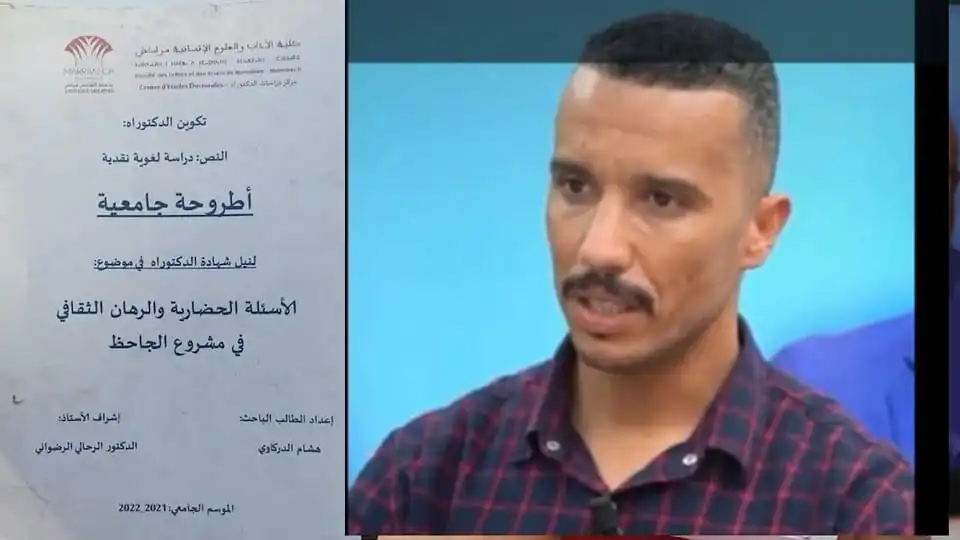Following Morocco’s telecommunication companies Maroc Telecom, Meditel, and Inwi blocking one month ago the Voice IP (VoIP) technology over 3G and 4G internet connections, they [ Moroccan telecommunication companies] extended the block over ADSL and WIFI, few days ago, as well. This appears to be a politically and financially motivated move as well as an attempt to completely monopolize the telecommunication sector in Morocco. This move has outraged Moroccans, including many of the estimated 6 millions living abroad.
This affront has caused a loss of three million followers on the aforementioned companies’ social media pages after Moroccans launched an “Unlike Morocco’s Internet Service Providers Facebook Pages” campaign few days ago. Social media can have a great impact on the outcome of such egregious acts when the public comes together. To illustrate, the case of Abderrahmane, a young man, from the Safi region, who was arrested for exposing a road infrastructure corruption scandal in his neighborhood, saw Moroccans from all wakes of life come together and rally their voices to reverse the court’s decision, which lead eventually to his release.
Another example of the power of social media in exposing corruption cases is what is known in Morocco these days as “the Saham Group Scandal.” To illustrate, Saham Group is an insurance company that belongs to Moulay Hafid Elalamy, the Moroccan Minister of Industry, Trade, and New Technologies. His company was handed, arguably under the table, the privilege to insure the agricultural crop of Moroccan farmers without a call for tenders. Various Moroccan news outlets described the scandal as a “gift from the Moroccan Minister of Agriculture and Fisheries Aziz Akhannouch to Moulay Hafid Elalamy.” Nevertheless, the deal went a pipe dream following a huge social media pressure, which triggered Saham Group to eventually cancel the deal.
In this vein, I believe that Moroccans must keep the pressure on Morocco’s telecommunication companies regarding the ongoing block because those companies have taken away, with this egregious decision, the freedom of every single Moroccan citizen. A wall has been created between Moroccans, their loved ones, families, and friends, especially Moroccan living abroad. In addition, media outlets have reported that many companies (big and small) are now unable to conduct their business through VoIP as they used to do. This goes without saying that many prospective international investors may shine away from Morocco because of the ban, knowing that many companies around the world use VoIP. Let’s not forget that Morocco relies on tourism for its economy. Those very tourists will think now twice before picking Morocco as a travel destination. They won’t be able to communicate with their families back home for free, which will constitute a travel disadvantage and they may opt for another country just because of that. We do not want Morocco to end up like North Korea, Syria, or Iran with their totalitarian restrictions. Moves like this are scary and send us back to the pre-internet “embers and bullets” age.
This is a wake up call for those who took this eccentric decision that flies in the face of logic, technological advancement and Democracy.







